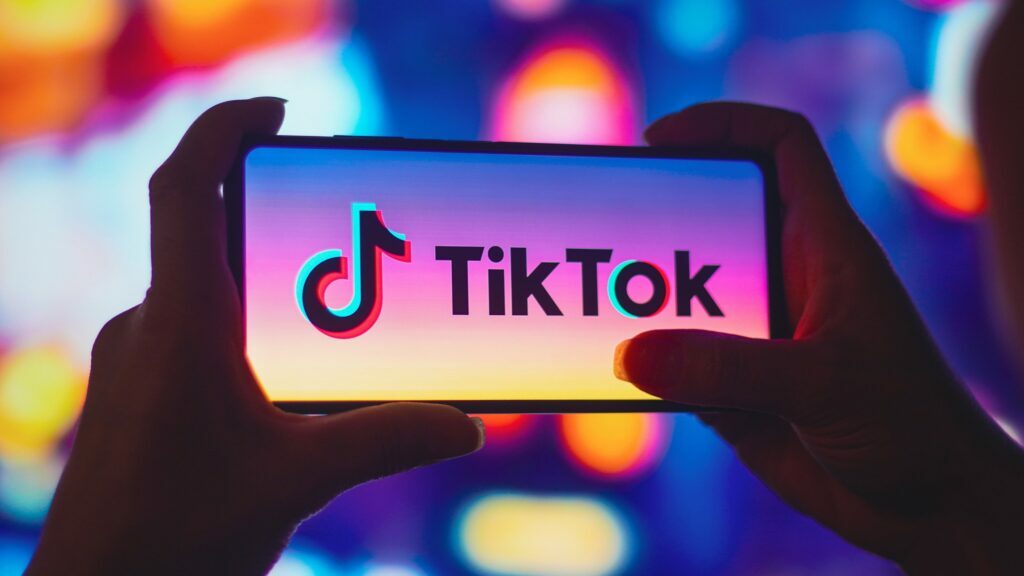The business intends to construct three sites in Europe to house data on its 150 million users there, keeping it out of Beijing’s reach.
The European Commission, the European Parliament, and other institutions have recently given staff members instructions to remove the app from their work phones.

TikTok, which is owned by ByteDance, is attempting to persuade European governments that it is a pioneer in data privacy rather than a Chinese-owned app that is to blame for the recent wave of bans on the continent.
On Wednesday, the business unveiled plans to construct three data centers in Europe to store data on the 150 million users of TikTok there locally. A separate third party will manage data access controls. The data centers will cost the business €1.2 billion (US$1.3 billion) yearly once they are up and running.
Project Clover from TikTok is intended to reassure concerned countries that China cannot access Europeans’ data by the front door, via formal legal requests, or through the back door, similar to the company’s Project Texan in the US.
It comes as the White House on Tuesday gave its support to a bipartisan bill that could grant the president the power to forbid or compel the sale of TikTok.
America’s intelligence officials confirm TikTok is a national security threat pic.twitter.com/6hzWXEZh9W
— Senator Marco Rubio (@SenMarcoRubio) March 8, 2023
Theo Bertram, head of European policy at TikTok, told reporters that the Chinese government has never requested data from the company and that if they did, the company would decline.
The data access controls and audit would reduce the possibility of back-door access to the data, he claimed, and the company’s approach to data storage would make it hard for the Chinese government to force TikTok to hand up European data.
A new wave of worries from US allies has recently been directed at the video-sharing site. Most recently, several European Union organizations instructed their staff to remove the app from their phones. The Netherlands is thinking about taking similar action, while Germany and Canada have already done so.
When TikTok CEO Chew Shou Zi met European commissioners in Brussels a few months ago, the mood in Europe was very different.
Officials expressed privacy worries at the meeting, but reassured the company that as long as it followed European data protection and content moderation rules, doing business in Europe was fine.
In the next three years, Bertram added, European data would be transferred from data centers in Singapore and the US to a secure environment constructed by a European enterprise in Europe.
Employees of the corporation who are based outside of Europe will still have access to the data, but only under tight access protocols that a different company will check.
As a “step beyond achieving industry standards to defining a new benchmark entirely when it comes to data security,” Bertram defined Project Clover.
Bertram emphasized that the business is “global” as opposed to “Chinese,” and he contrasted TikTok’s ownership of ByteDance to Google’s control over YouTube.
The CEO of the business is a Singaporean, and it has significant US investors like KKR and Sequoia Capital, he continued.
For European material to be shared outside of Europe, according to Elaine Fox, TikTok’s head of privacy in Europe, the company must permit data transfers to other nations.

To ensure that we can have a worldwide product and consumers may share content globally, she noted that a certain amount of restricted information needed to travel.
Within 30 days, the US demands TikTok to be removed from all federal devices.
The European Commission recently issued instructions to staff to remove the app from their work phones, and other institutions—including the European Parliament—followed suit, citing data privacy and cybersecurity concerns.
A politician on the commission claimed the directive to remove the app was given as a precaution and that there was no immediate threat to commission employees. Yet, the action signaled a significant shift in tone from the continent.
The corporation criticized the action as “un-European”. Towards the end of the previous year, TikTok reported a significant data incident in which several staff had gained access to users’ personal information, including journalists as part of an effort to stop media leaks. These employees, according to the firm, were fired.
The US has taken a much more harsh stance toward TikTok than other countries have, with some senators suggesting measures to either outright outlaw the app or compel ByteDance to sell the video-sharing platform.




